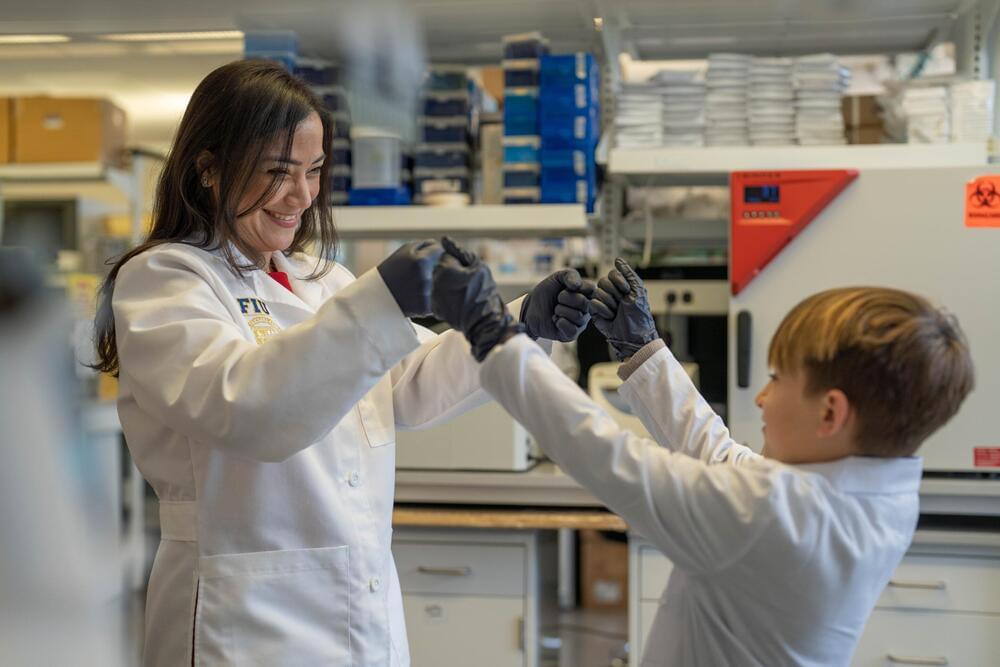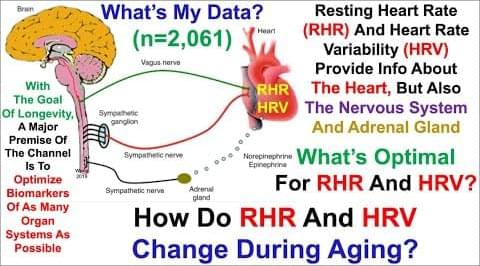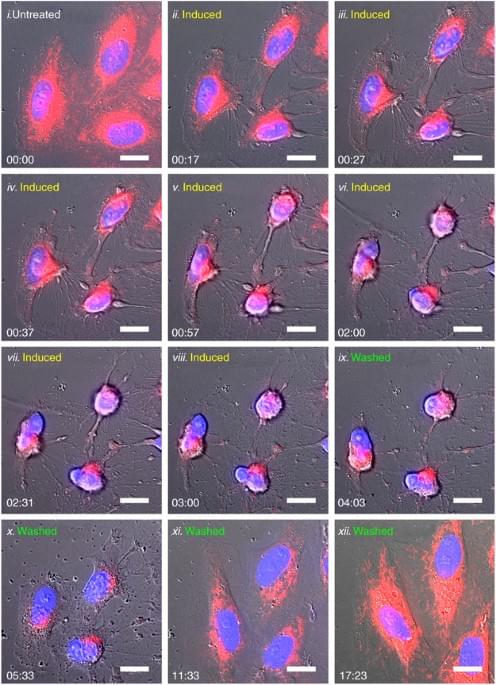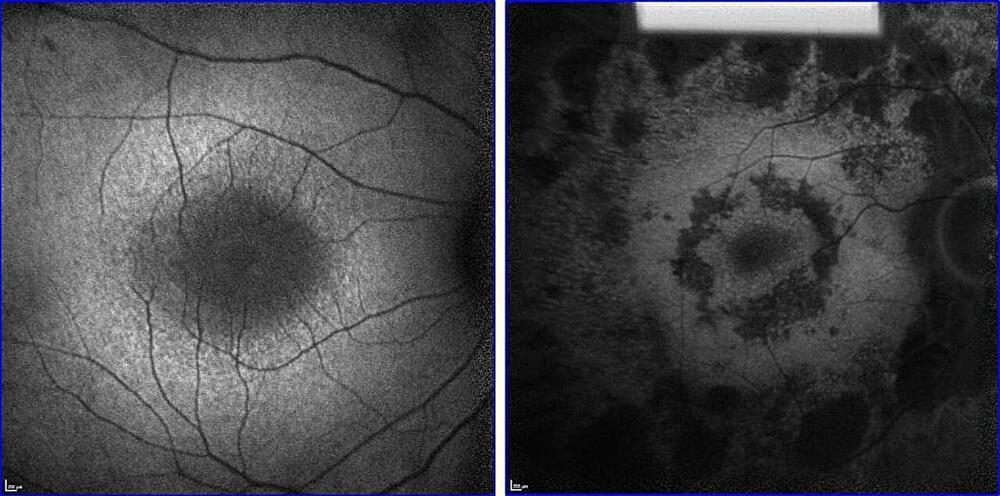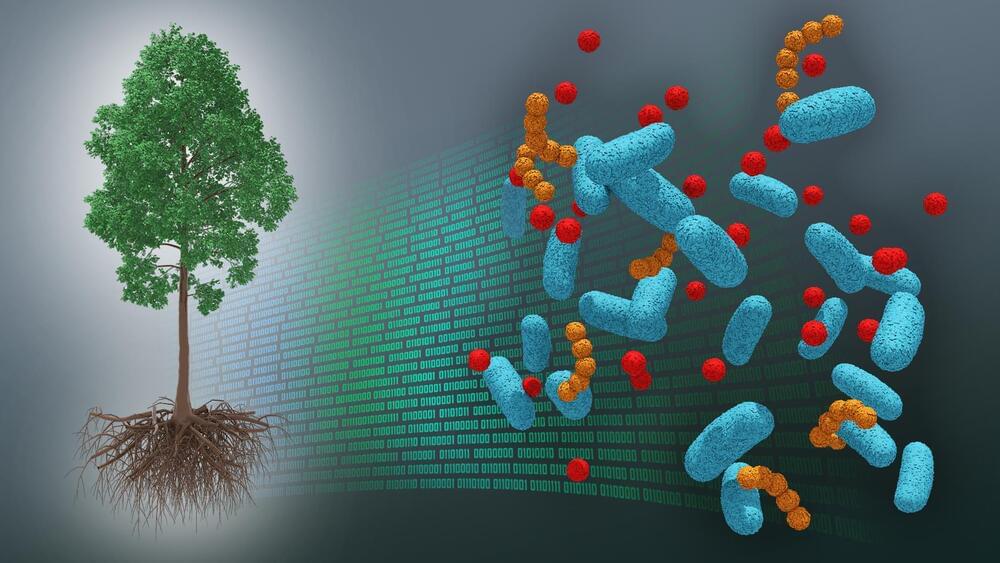
A first-ever dataset bridging molecular information about the poplar tree microbiome to ecosystem-level processes has been released by a team of Department of Energy scientists led by Oak Ridge National Laboratory. The project aims to inform research regarding how natural systems function, their vulnerability to a changing climate, and ultimately how plants might be engineered for better performance as sources of bioenergy and natural carbon storage.
The data, described in Nature Publishing Group’s Scientific Data, provides in-depth information on 27 genetically distinct variants, or genotypes, of Populus trichocarpa, a poplar tree of interest as a bioenergy crop. The genotypes are among those that the ORNL-led Center for Bioenergy Innovation previously included in a genome-wide association study linking genetic variations to the trees’ physical traits. ORNL researchers collected leaf, soil and root samples from poplar fields in two regions of Oregon — one in a wetter area subject to flooding and the other drier and susceptible to drought.
Details in the newly integrated dataset range from the trees’ genetic makeup and gene expression to the chemistry of the soil environment, analysis of the microbes that live on and around the trees and compounds the plants and microbes produce.
